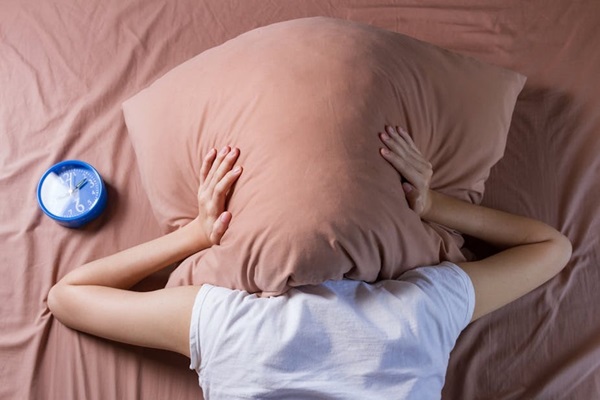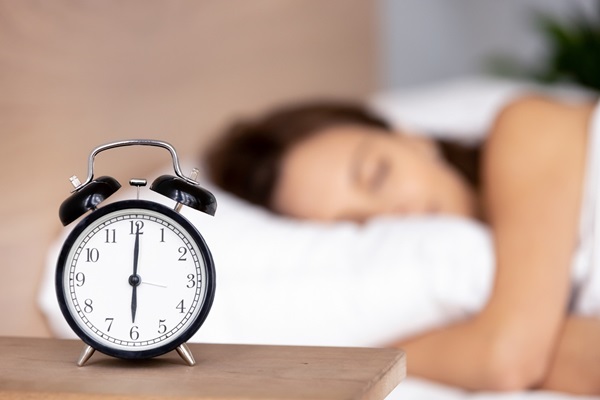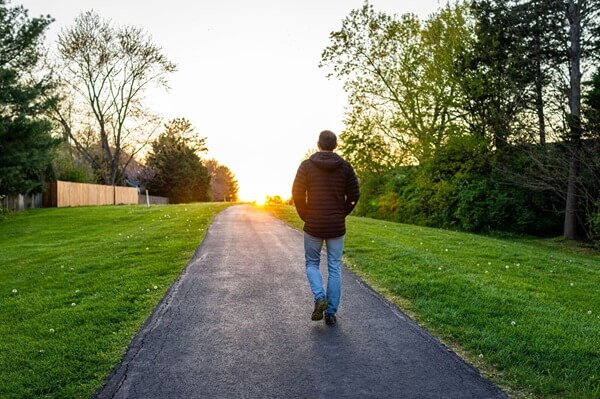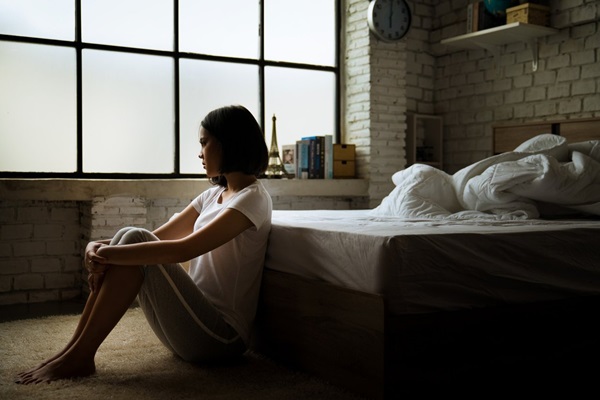Sleep and depression are linked more than you think. Most of the people who have suffered from depression experience sleep issues. Sleep problems and depression have a bidirectional relationship which means poor sleep or sleep deprivation can lead to the development of depression and the person with depression is more likely to experience sleep troubles.
Sleep is vital in regulating mood, cognition, and emotional processing. Inadequate sleep can make it harder to cope with stressors and regulate emotions effectively, thereby contributing to the development or worsening of depression.
Understanding Sleep Disturbances in Depression
Several factors such as biological, psychological, and environmental factors can contribute to sleep disturbances in depression. Individuals with depression often exhibit imbalances in neurotransmitters such as serotonin and melatonin, which regulate mood and sleep-wake cycles. Similarly, our sleep can be disrupted and cause insomnia due to the heightened levels of stress hormones like cortisol.

Moreover, Among individuals, psychological factors such as rumination, anxiety, and negative thinking patterns also play a role in sleep disturbances. People with racing thoughts and worries can make it difficult to quiet their minds and fall asleep. At the same time, sleep deprivation can lead to exacerbate feelings of anxiety and rumination, creating a vicious cycle that perpetuates both sleep problems and depressive symptoms.
Likewise, our lifestyle habits, irregular sleep schedules, excessive screen time, and poor sleep hygiene can cause sleep disturbances in depression. Changing or alleviating these habits by following good lifestyle behavioral interventions can help improve sleep quality and reduce symptoms of depression.

5 Effective Tips to Unlock Quality Sleep While Managing Depression
Living with depression can make it difficult to get quality sleep. The relationship between depression and sleep is complex, with each often exacerbating the other. However, there are strategies you can implement to improve both your sleep quality and your management of depression.
-
Establish a Consistent Sleep Schedule

-
Spend time outside
Spending time outside helps to boost your mental health as well as also help you sleep at night. Low serotonin levels are one of the suspected contributing factors to depression. It’s most known as a “feel good” chemical. Going outside helps to naturally boost how much serotonin you have in your brain. Similarly, sunlight also increases the body’s serotonin production.

Furthermore, Getting out of the doors also helps improve your sleep by “resetting” your internal clock, which promotes normal sleep patterns. Melatonin is a hormone that plays a crucial role in regulating our sleep-wake cycle, also known as the circadian rhythm.
Our brain generates melatonin in response to darkness to help us sleep. However, our sleeping patterns can be disrupted easily. To restore balance, it’s important to expose ourselves to natural light and remind our bodies when it’s daytime.
-
Regular Exercise
Exercise is not just good for physical health but also plays a vital role in promoting better sleep and managing symptoms of depression.
Doing daily exercise can provide positive effects on both your body and mind. Exercise helps to improve sleep quality such as increased duration of deep sleep and reduced instances of waking up during the night which is beneficial for individuals with depression.

You don’t have to do intense workouts, just simple Walking, yoga, and dancing can help boost your mental health and make it easier to sleep at night.
-
Avoid Stimulants and Alcohol
Consuming stimulants like caffeine and nicotine can affect sleep patterns and worsen symptoms of depression. Stop drinking caffeinated beverages like coffee, tea, and soda, especially in the afternoon and evening.

Moreover, over-alcohol consumption also disrupts sleep architecture and leads to poor-quality sleep. Avoid alcohol, especially close to bedtime, to improve sleep quality and overall mental health.
-
Seek Professional Help
You can visit a mental health professional, such as a therapist or psychiatrist if you are struggling with persistent sleep problems or finding it difficult to manage your depression symptoms. They will provide you necessary support and guidance to address your individual needs.

Likewise, Cognitive-behavioral therapy (CBT) is highly effective in treating insomnia associated with depression. Medication may also be prescribed to regulate sleep patterns and alleviate depression symptoms.
FAQ
Should I seek professional help for sleep problems related to depression?
It is essential to seek professional help if you’re struggling with persistent sleep problems or finding it difficult to manage your depression symptoms.
How does depression affect sleep, and vice versa?
Depression can significantly disrupt sleep patterns, leading to difficulties falling asleep, staying asleep, or experiencing restorative sleep. Conversely, poor sleep quality or insufficient sleep can worsen depression symptoms, contributing to mood disturbances, irritability, and fatigue.
You may also like to read: Sleep and Digestion: How Eating Habits Affect Sleep Quality
